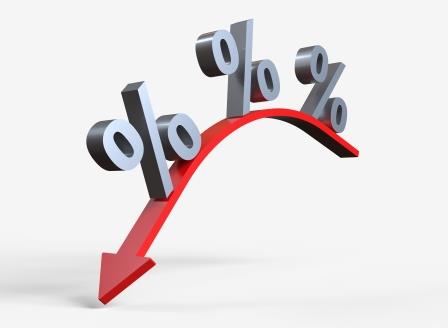Equity markets are tantalizingly poised, globally. The second, and in certain cases the third, wave of the Covid-19 pandemic have started impacting economic activity in many countries and regions. Even though the progress on the vaccine front is reassuring, there are concerns whether this resurgence of the pandemic might impact the expected sharp rebound in global growth in 2021. This is likely to be a short-term concern for equity markets. Therefore, there is uncertainty regarding the direction of equity markets.
But there is a stable trend emerging in the debt market. Interest rates will remain at very low levels in the developed world for an extended period of time. But in India, it can be safely assumed that interest rates have bottomed-out. This has implications for investing in fixed income.
A surprising global macro development, post the Global Financial Crisis of 2008, is the conspicuous absence of inflation in the developed world. Massive injection of liquidity via Quantitative Easing (QE), post the GFC of 2008, did not create inflation. The simultaneous liquidity injection by the leading central banks of the world, following the Covid shock, has been unprecedented. Yet, inflation in developed markets is below target. Many economists believe that inflation has been killed, permanently. But it is too early to celebrate the ‘death of inflation’.
Inflation may come back
The Biden administration has passed a massive $1.9 trillion fiscal stimulus to revive the economy. The global economy has never experienced such a massive simultaneous monetary cum fiscal stimulus. This has the potential to trigger inflation. The steady rise in bond yields in US is a reflection of the market’s concern regarding inflation.
Inflation in India, unlikely to come down
Even if inflation remains within the target 2 percent in most of the developed world, it is unlikely to remain low in India where the food basket account for around 48 percent of CPI inflation. We are witnessing a rising trend in both CPI and WPI inflation. The CPI inflation came in at 5.03 percent in February, up from 4.1 percent in January. And WPI inflation has doubled to 4.17 percent from 2.03 percent in January.
Interest rates have troughed in India
High fiscal deficit target of 6.8 percent and the consequent massive Rs 12 trillion borrowing program for FY22 have put pressure on bond yields and the 10-year yield is now around 6.2 percent. The bond market is pricing-in higher inflation. In brief, there is no further room for the MPC to cut rates. The policy rates are likely to remain in the current range for the rest of 2021. With the economy recovering sharply (GDP growth rate estimated at 11.5 percent in FY22) and commodity prices firming up, the central bank is likely to raise rates in early 2022.
Invest in short-duration debt funds
The best time to invest in debt funds is when interest rates are at their peak. When rates trend down, bond prices rise, yielding good returns to debt investors. The reverse is true when rates start rising. So, now, debt investors should opt for short-duration funds. When rates go up, prices of short-duration debt fall lesser than long-duration debt. Short-duration debt fund managers can reinvest the proceeds from short-term debt redemption in new debt issues with higher rates. So, debt investors may start switching from long-duration funds to short duration or dynamic bond funds.








